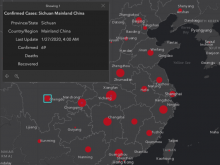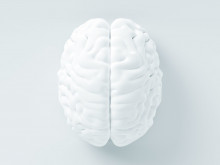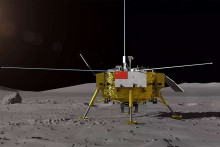This Website Lets You Track The Global Spread of Wuhan Coronavirus in Real Time
The death toll of the coronavirus that originated in Wuhan, China, has reached at least 81, and the virus has infected more than 2,800 people.
A map produced by researchers at Johns Hopkins University tracks and visualizes reports about the outbreak using data from the Centres for Disease Control and Prevention, the World Health Organisation, China's CDC, and other sources with geographic-information-system mapping.













































































